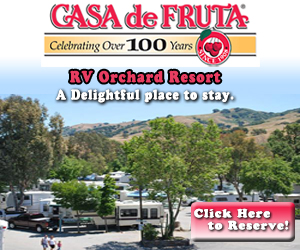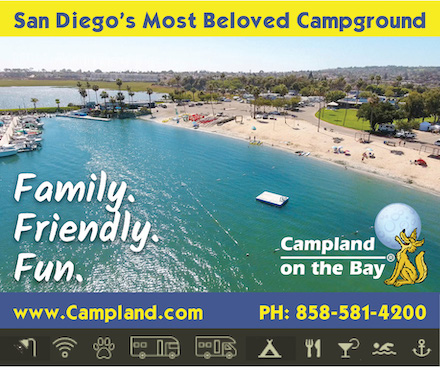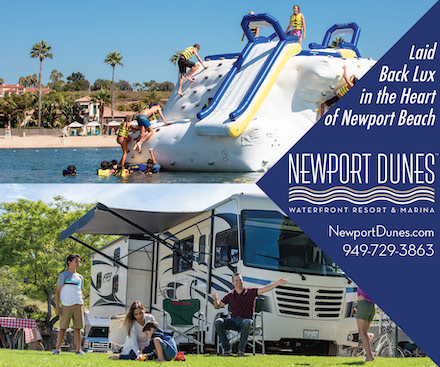Tales from the Road
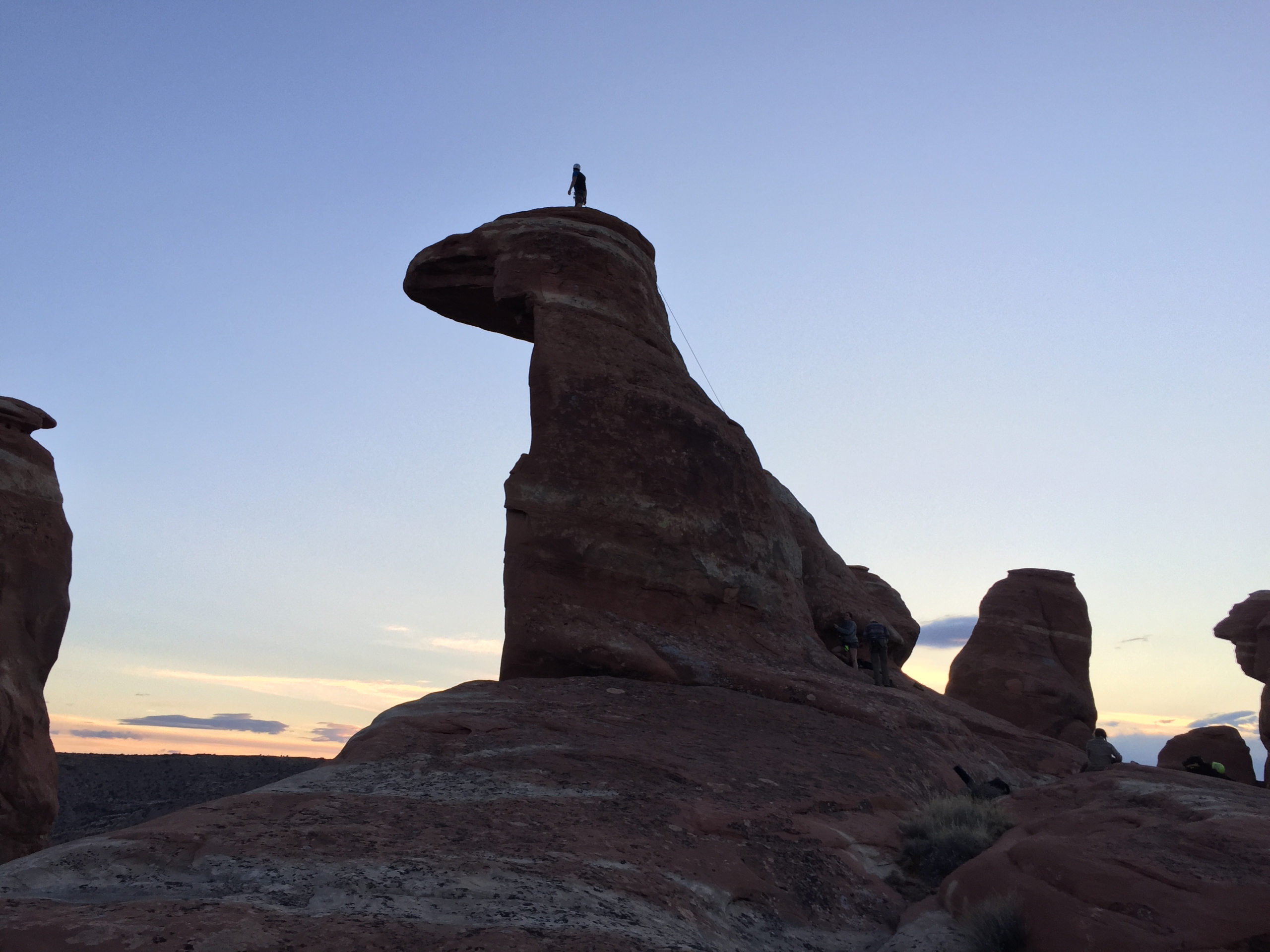
“Did we close the garage door?”
Once we got past Butte, I knew the last two hours home would drag on for a short eternity. I could hardly keep my eyes open as we sped towards I-90 and crossed the state line into the slowly thawing grasslands of southwestern Montana. I felt sunkissed and emboldened when we left St. George. Memories of the past week materialized at the extent of the headlights where they mixed with pre-dawn mist like sandy mirages. I could see the cracks and crimps we’d used to steadily move up the cliffs, handled by many before and many after, but existing in those moments of concentration just for us. I felt a deep pull in my gut that set my internal compass spinning as the desert moon and the tower, Tezcatlipoca, urged me to return. Inside I fought myself as the odometer slowly ticked upward.
I guess this is how my dad must have felt on those long-haul road trips heading out to the Eastside. Abandoned by his snoozing co-pilots and left to watch for eyeshine, telltale of deer, all by himself. I loved falling asleep when he was driving because I could drift off and wake up at our campsite. Sleeping took care of the anticipation and dulled my yearning to arrive at those special places. Even short trips up the hill to Jackson Meadows seemed to drag on endlessly when I knew what lay ahead. Memories of our site last year were so tangible that I could still feel my bare feet mushing between corn lily stalks as my cousins and I waded into the soggy marsh across the creek.
The endless nature of these drives was partly due to never knowing how to get there. I didn’t know I-80 or its exits, just that eventually after packing and repacking enough times to put National Lampoon to shame, my parents tossed us in the car and we left the house and headed east. Some point soon after, and this always happened, my dad would abruptly ask if we had closed the garage door…and back to the house we went. Eventually, the deep red road cuts of the Sierra foothills fell away to wider valleys and distant granite domes that I now know as the headwaters of the Yuba and American Rivers. We’d pass features that had been named by my brother and I for years and some we made up names for on the spot. The importance of geography was relative as my parents had theirs and we had ours. It was the same anywhere we drove; there were certain curves of the highway or random, distant mountains that suggested our location, but I never knew quite where we were, only where we were going.
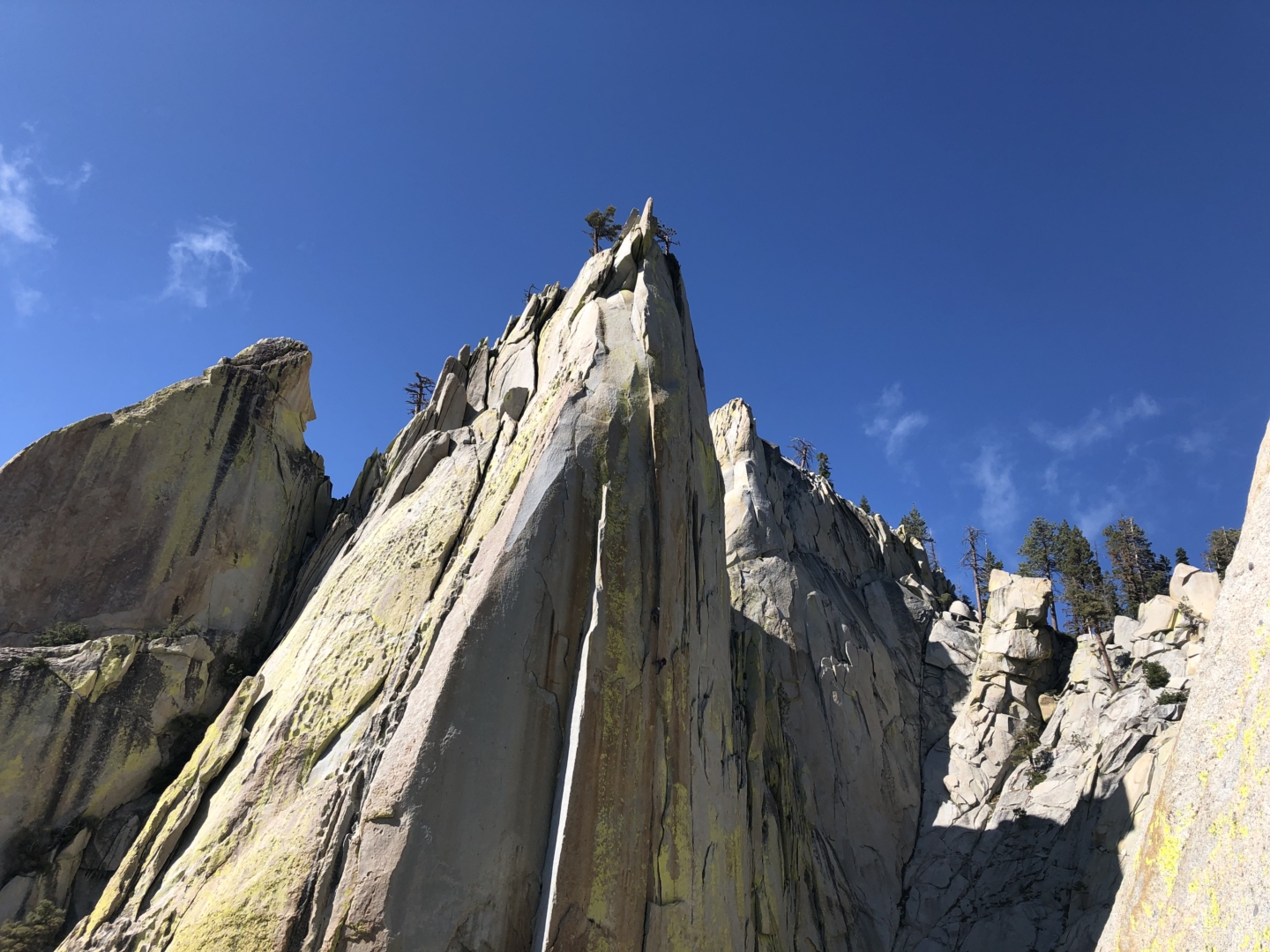
It speaks to the simplicity and privilege of my childhood to feel the world melting away while I escaped to this other realm. That only a few hours in a car could bring me unto my happiest self. I am really lucky that part of my lived experience as a kid involved running through the spirit of places I could only scarcely comprehend. I had no sense of the decades old Eurocentric culture of American outdoorsmanship I had been born into, how it defined my family’s relationship to these places, or how their experiences embedded lessons into our time together. Getting a fire going and gutting a trout were just necessary parts of the day when camping, but those moments stand out in detail compared to the b-roll of life. I remember myself standing wide-eyed and dumbfounded at the pure potential for play in these places, only half listening to my parents, aunts, uncles, and grandparents argue over games of rummy. I can’t imagine that we were looking at the same mountains and sagebrush flats, because the ones I saw filled me with a deep, gnawing need to arrive unto the self that place allowed me to be. There was a connectedness I felt in those places. A deep reciprocity that permeated every breath I took. A feeling that I was a very small human who had realized a relationship older than time, but who faced a long drive back to a very different world.
The need to arrive into myself has defined every drive I’ve taken since. I’m searching for myself at the end of the road, unsure how I fit into this place along the way. The American idea of the road trip was born out of a futile quest for identity and a need for security that colonized the west, commodified resources, and fought the indigenous peoples who had stewarded those special places since time immemorial. I have a better sense of geography now, but its significance is still relative because people are taught different histories. A Sacramento native, I was born to the oak savannas of the Nisenan and spent my childhood playing in the homelands of the Wintu, Mountain Maidu, the Me-Wuk, the Monache, and the Washoe. In my adult life I’ve hunted, climbed, and lived on the lands of the Salish Kootenai, Blackfoot, Crow, and Cheyenne peoples.
My trips in red rock country landed me in the home of the Ute, Pueblo, and Dine. Those sprints southward carried a potent urgency. We fled the bleak grip of winter and let miles of pavement divide us from our responsibilities. We came with an obligatory guitar or two tucked next to a fifth of Bullet and a tattered copy of Desert Solitaire. We came ready to climb and sweat and be scared. We came to the desert to escape the uncertainty of life by finding certainty in the movement of our bodies and the depth of our friendships. I think that these experiences are the closest many in my generation will ever get to rooted in this land. As third generation Americans the need to migrate feels inescapable, because in this place, we can only ever be visitors.
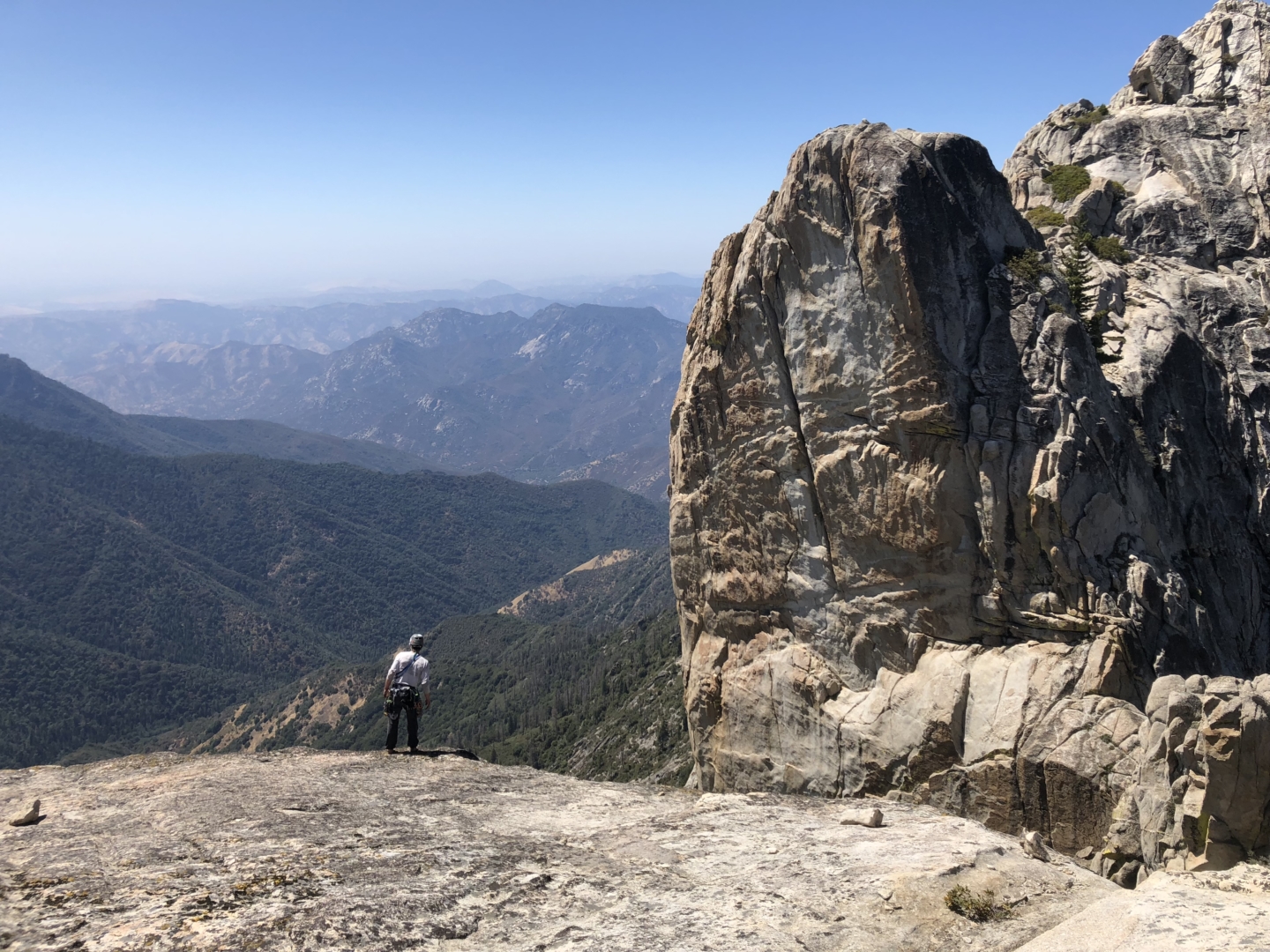
The realization that this land can only ever be ours in a collective sense contrasts traditional western rugged individualism. Drive across the west and you’ll see the dichotomy of the place in how we’ve organized the land and its people. Dams and reservations and miles of barbed wire fence outline the public trust and its protected montane ecosystems as if to say these spaces are for everyone who can navigate the maze, everyone who can afford the time. It seems I’ve always had a GPS and time to spare and I reckon with that reality every day.
In this new west, you’ll meet hardy folk who are making it at the edge of the new frontiers in tourism and land management, and trying to find stability as their landscapes become fire-prone and formidable. People here are facing unprecedented challenges to their social order and my hope for the place is that we walk through this hotter, drier century by removing barriers and learning each other’s histories; becoming better stewards of land and people through collaboration rather than conviction.
I reminisce on those days when the destination was so obvious because now I find myself in the driver seat acutely aware of where I am and completely clueless as to where I’m going. I’m feeling for that gut hook and steering where it pulls me.
I hope I closed the garage door.





